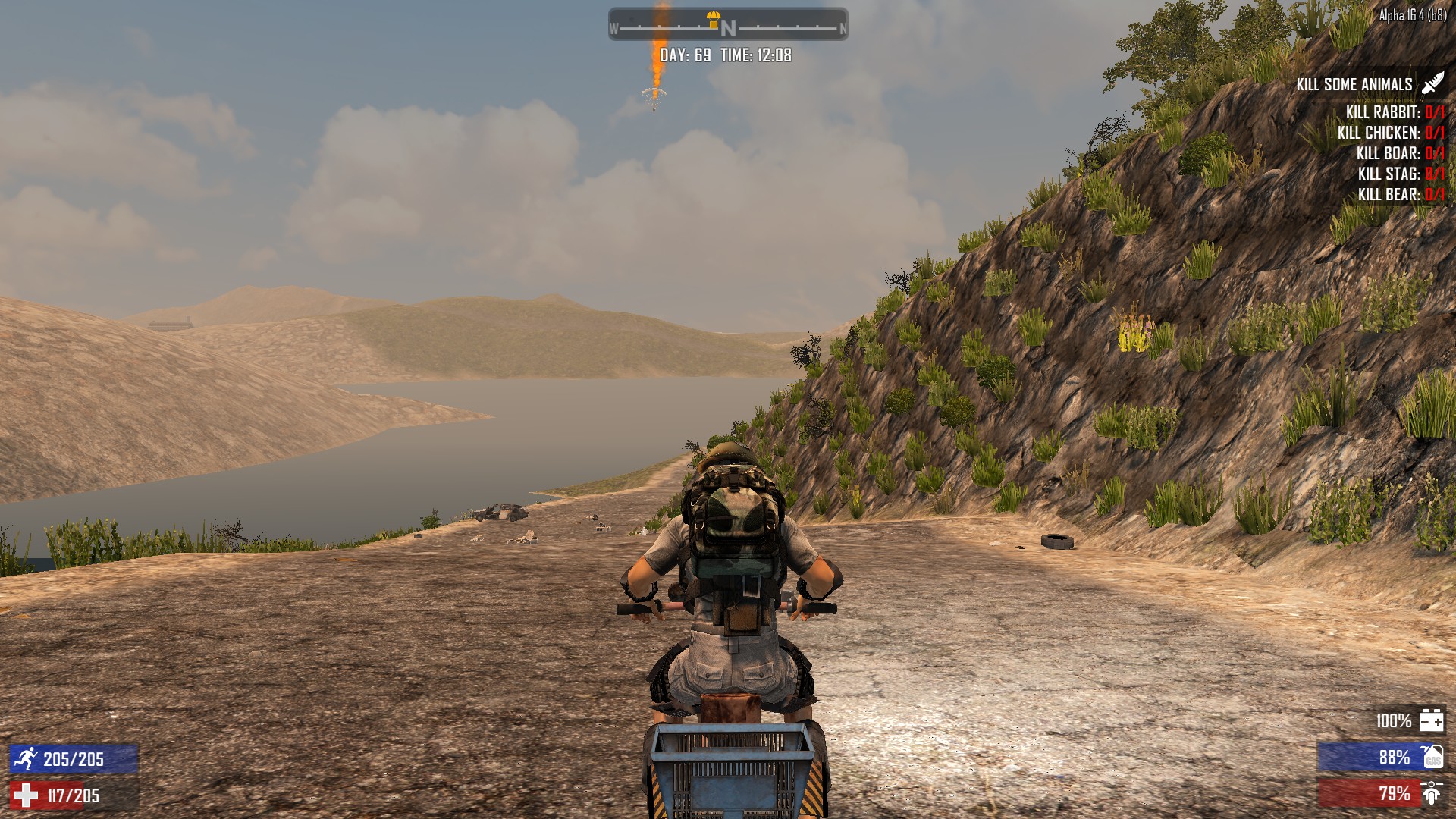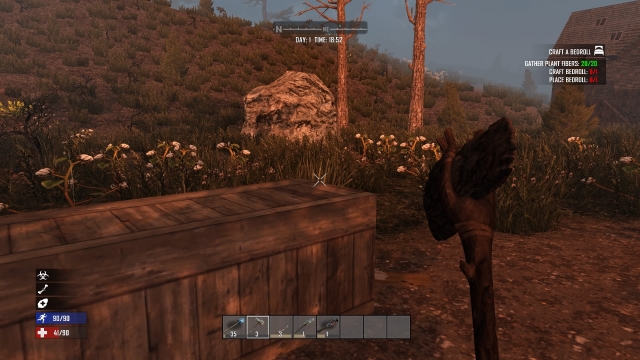
But the key issue to me is time.Ī 5 player game takes hours and hours, which is something that most people don’t have the luxury to spend. I completely agree that a 5 player game is much more dynamic and unpredictable than a 2 player one.

Thats why i like the game.ĭo you like playing risk with 2 players? monopoly? Third Reich?īut the beauty of Axis and Allies is more complex and unpredictable than risk or monopoly (never played 3rd Reich), thus it can perfectly allow for fun and challenging 2 player games. “The team united is greater than the sum of its game is for 5 players or the intent is to have 2 teams of players each with different ideas competing to create the same result.

AS far as i can tell its more enriching to have the concept: Then i guess by extrapolation in the business world advisor’s and partners working together for a common goal is not as effective as one man rule.
7 days to die multiplayer allies how to#
To be a leader you got to take command and force the issue and the best strategist should know how to do this on both an individual and interpersonal level. Would you not like to outwit your team members and the opposition to the point where they are following the outlined plan? You also lost the aspect of reaction to different things getting thrown at you that are beyond the 'math" of the game but a crucial part of what being a good strategist is. So like playing 1 on 1 basketball, You take the place of post player, outside shooter, key defender, rebounder…except you got nobody to pass the ball to. The strategy become more dynamic if you got somebody playing differently so you must adjust your plan to accommodate various situations and become flexible and dynamic to problems outside your control-with the aspect of psychology and communication as your aid to enrich the strategy by adaptation. I see the success on more levels which is also to prove by playing well independently and communicating your own plan to others as a huge “diplomatic” aspect of the game thats lost by playing 3 players positions. The victory is a sour one because you only proved you have played enough games that you understand the math behind the game… and its not really “outwitting” anybody, but rather just playing more games and learning what works and what does not. Strategy is not achieved because it becomes less flexible and prone to standard openings. Yes but the great value of winning the victory is to convince others that your plan is best, If your not able to coordinate other people and get them to do as you see best, the task becomes an exercise in statistics which is not really outwitting but using the “math” in the game more effectively than your adversary. I think like the AH game Diplomacy this game offers many interpersonal skills that are directly linked to winning or losing based on the result of negotiations with your partners and how you do it. What you advocate is a form of military leadership based not on respect for experience and results, but some faulty notion that AA is some game only of static math formula following all sorts of statistics of results and arguing over LL all various contrived solutions by people who want to reduce the game to science and no psychology. If the team has divergent ideas on how to win they will lose and thats exactly what the wars experience was on a geo-political level. The real part of the game is to become the leader and convince the team that you have the best solution to winning… kinda like what they do on the apprentice show… And your able to win over the team and play as a team. If your not on a team of people with different ideas on how to pursue victory and have to fight all these types of other considerations “if you land in france, ill attack and get back Persia” type of events, then you lost the most crucial part of the game.

The two axis player also coordinating and having for example Japanese ships in the Mediterranean, or German planes landing on Japanese carriers and all that rubbish only happens in those 2 player games.

Its also the reason behind the political decision for Market Garden, The Bulge Campaign, Lake Balaton, Bagration, Kursk, and D-day.Īll this is totally lost by perfect coordination of three colors of armies… you might as well say two of the allies were under the command of buck privates. This is what the war was historically with Stalin constantly being suspicious of UK and USA trying to win the war paid for on Soviet blood by the denial of opening the second front, while UK is suspicious of the eastern European territories falling to communism, and the American player trying to play peacemaker with both UK and the Soviets and get them to play on a team. Part of the original intent of the game was to portray the crucial issues of allied cooperation, where you are constantly debating who is doing what and the prudent stewardship of the teams efforts are constantly on the ropes.


 0 kommentar(er)
0 kommentar(er)
